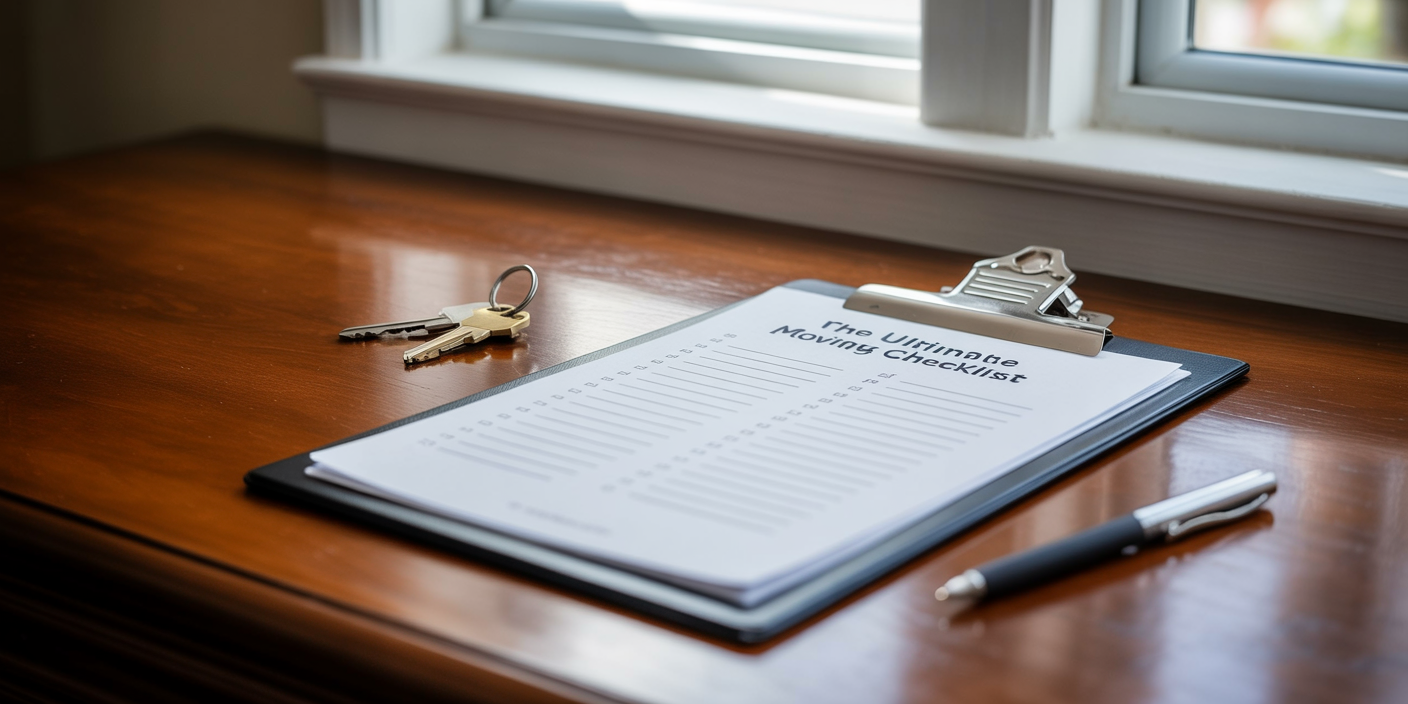The Ultimate Moving Checklist

Moving to a new home is one of life's most stressful experiences, but with proper planning and organization, you can significantly reduce the chaos and ensure nothing important gets overlooked. Whether you're moving across town or across the country, having a comprehensive checklist will help you stay on track and manage all the details that come with relocating.
Eight weeks before your move, begin the planning process by creating a moving binder or digital folder to keep all related documents organized. Research moving companies and get at least three quotes if you're hiring professionals. For local moves, companies usually charge by the hour, while long-distance moves are typically priced by weight and distance. Book your moving company early, especially during peak season (summer months).
Six weeks before moving, start decluttering your current home. Go through each room systematically and decide what to keep, donate, sell, or throw away. This is an excellent opportunity to reduce the amount of stuff you need to move, which can save money and make unpacking easier. Consider hosting a garage sale or using online platforms to sell items you no longer need.
Four weeks before your move, begin collecting moving supplies. You'll need boxes in various sizes, packing tape, bubble wrap, packing paper, markers, and labels. Many moving companies sell or rent moving supplies, but you can often find free boxes at liquor stores, grocery stores, or online marketplaces. Start saving newspapers and magazines for packing material.
Three weeks before moving, confirm your moving company reservation and review the contract carefully. Understand the terms, insurance coverage, and payment requirements. If you're moving during peak season, double-check that your date is secured. Begin using up perishable food items and cleaning supplies rather than moving them to your new home.
Two weeks before your move, start the change of address process. Submit a change of address form with the postal service, and create a list of everyone who needs your new address: banks, credit card companies, insurance providers, employers, subscription services, and any government agencies. Many of these changes can be done online, making the process more manageable.
One week before moving, confirm all utility arrangements for both your current and new homes. Schedule disconnection at your old place and connection at your new home for electricity, gas, water, sewer, internet, cable, and any security systems. Ideally, have utilities connected a day before you move in to ensure everything is working properly upon arrival.
Three days before your move, start packing in earnest if you haven't already begun. Pack room by room, labeling boxes clearly with contents and destination room. Use clothes and linens as padding for fragile items. Pack a "first day" box with essentials like toiletries, medications, phone chargers, basic tools, snacks, and important documents.
The day before your move, pack a suitcase as if you're going on a trip. Include enough clothes and personal items for several days, as it may take time to unpack everything. Charge all electronic devices, and keep important documents, valuables, and cash with you rather than in the moving truck. Get a good night's sleep – you'll need energy for the big day.
On moving day, be present to oversee the process and do a final walkthrough of your old home before the movers leave. Check that utilities are working at your new home, and do an initial inspection for any issues. Keep your inventory list handy and check off items as they arrive. Take photos of any damage you notice for insurance purposes.
During the first week after moving, focus on unpacking essentials first: kitchen basics, bathroom necessities, and bedroom items. Register to vote at your new address, and if you have children, research and contact new schools. Update your driver's license and vehicle registration according to your state's requirements – you typically have 30 days to make these changes.
Finally, remember that settling into a new home takes time. Don't feel pressured to have everything unpacked and perfect immediately. Take breaks, explore your new neighborhood, and be patient with yourself during this transition. Moving is consistently ranked as one of life's most stressful events, so give yourself grace and celebrate the accomplishment of successfully relocating to your new home.
